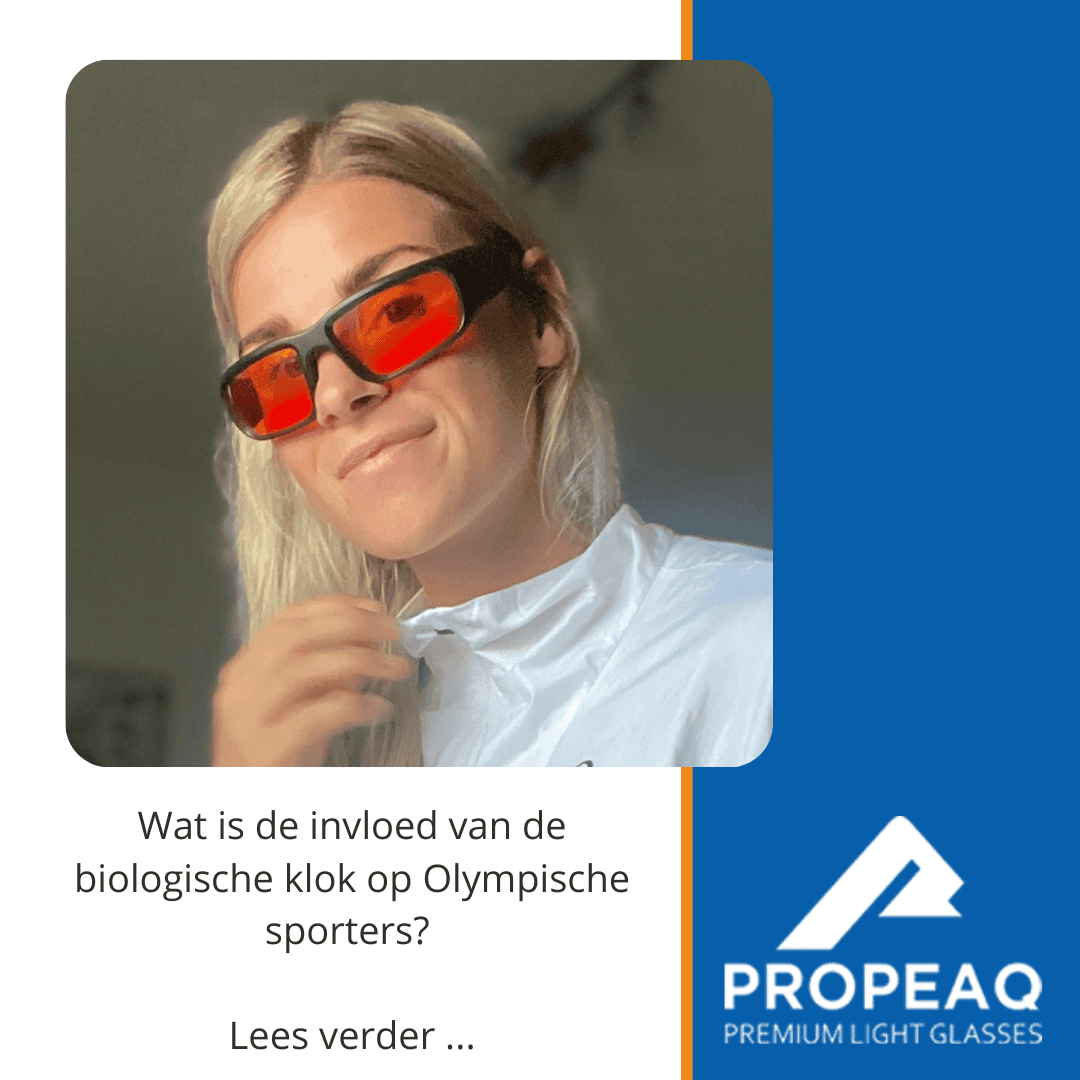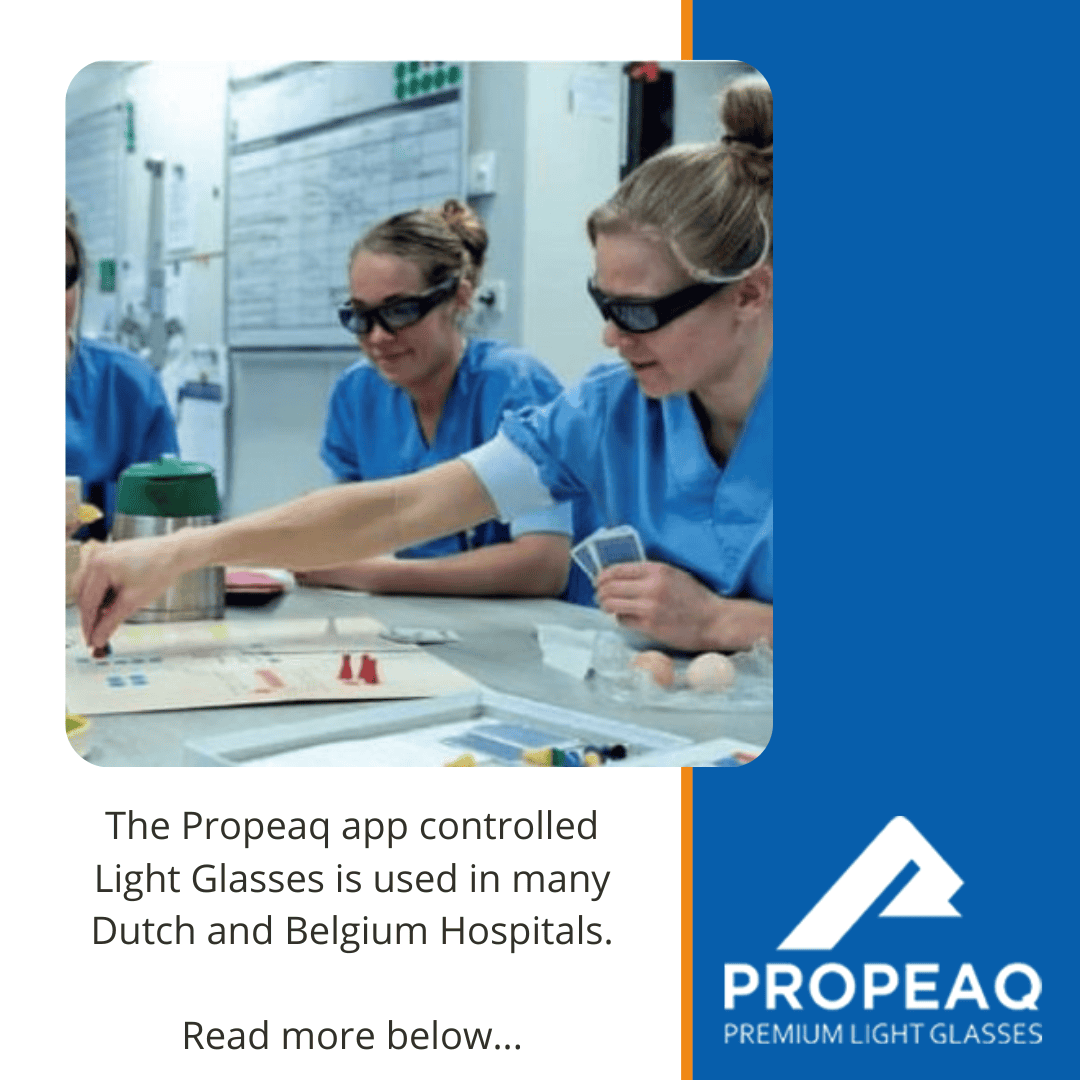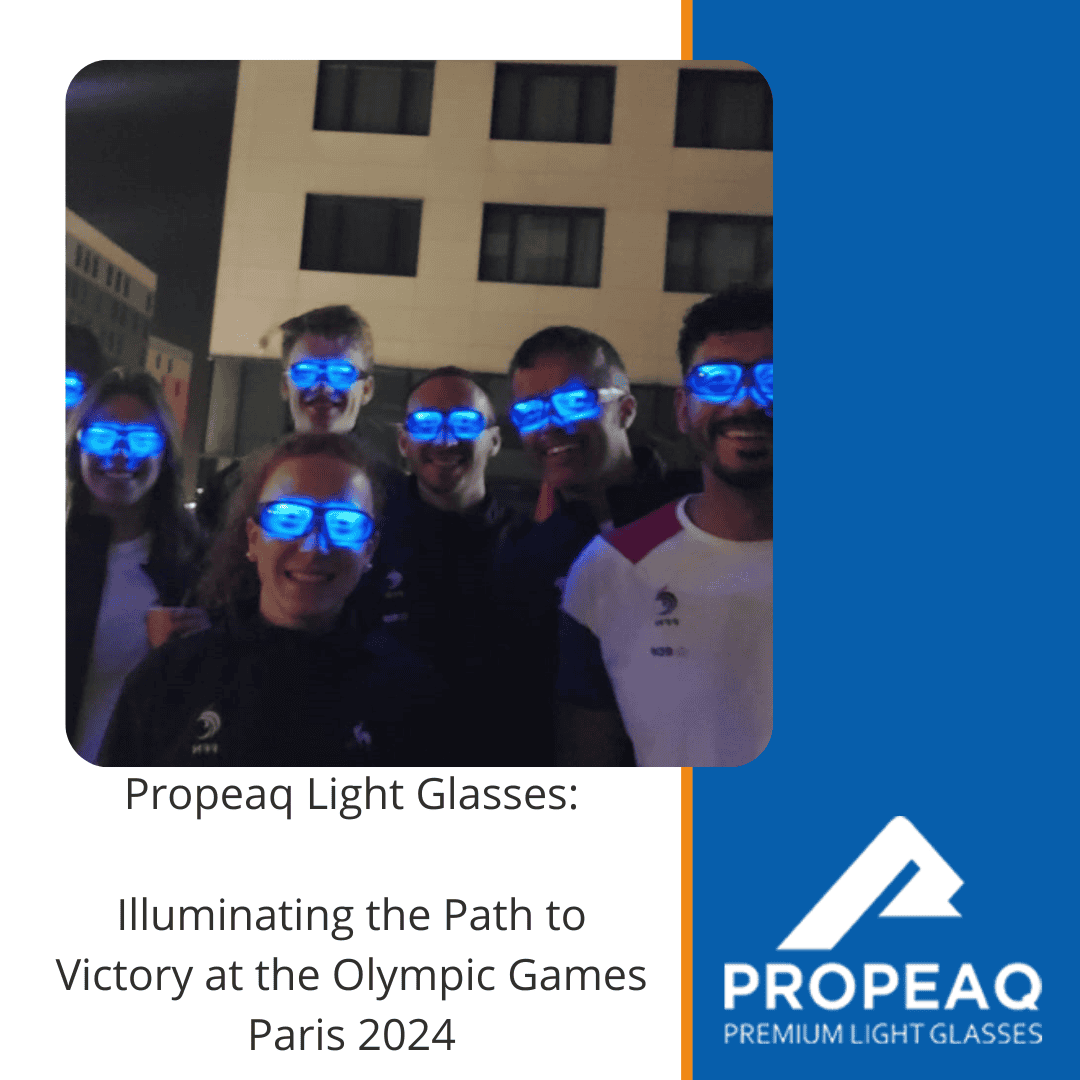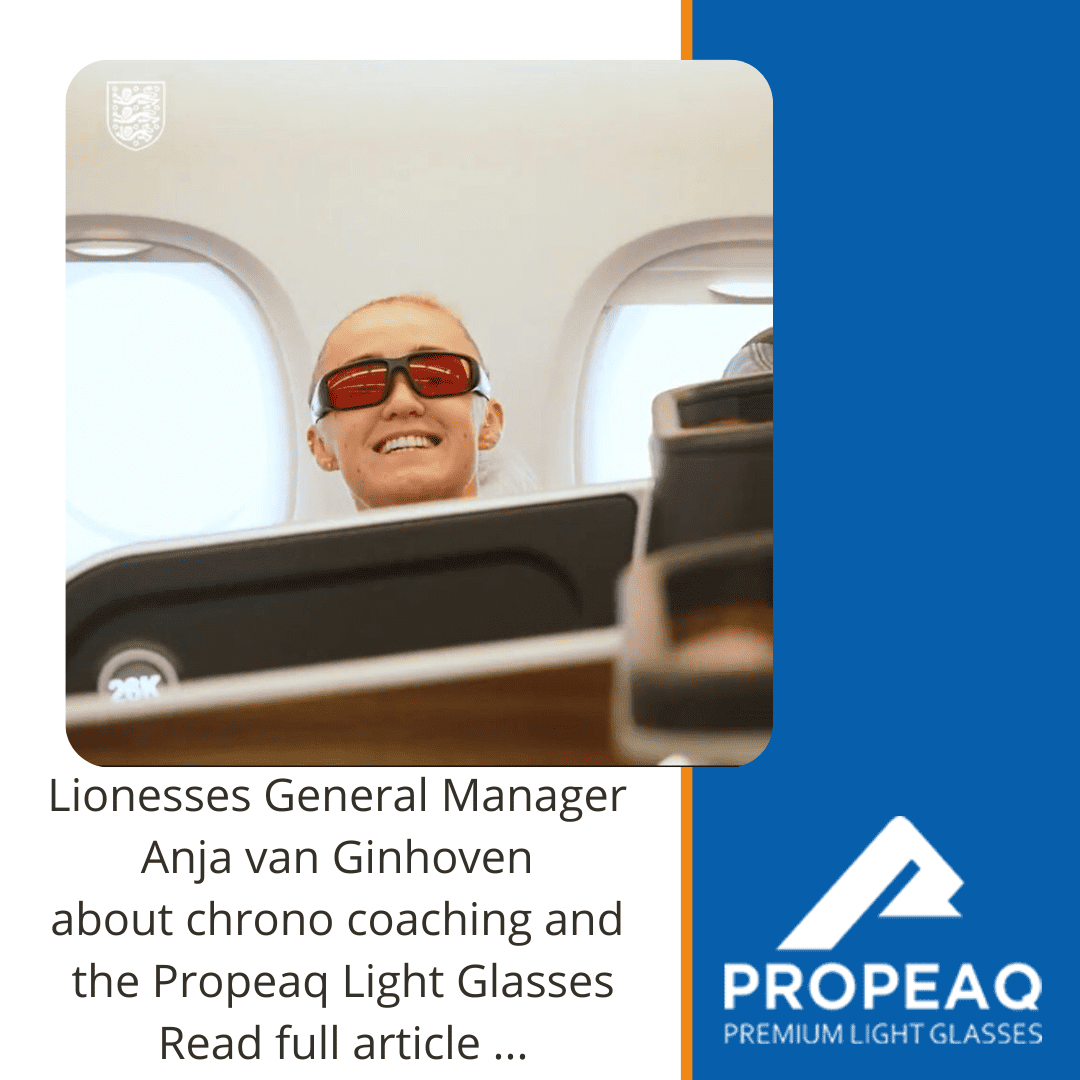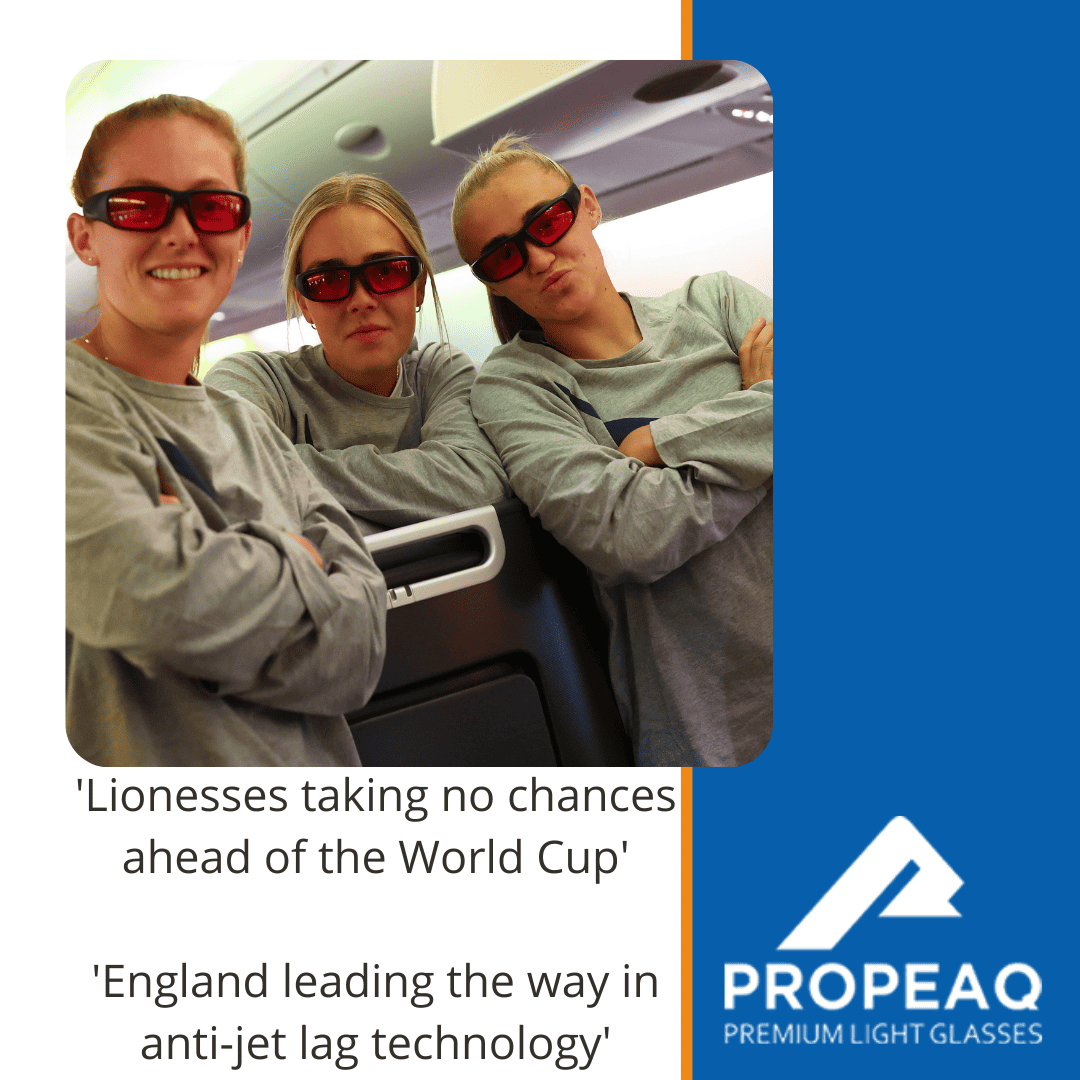Athletes’ performance at the Olympics is influenced by a wide range of factors, from physical training and mental preparation to nutrition and rest. An often overlooked, but crucial factor, is the athlete’s biological clock. This internal timekeeper, also known as the circadian rhythm, regulates various physiological processes in the body and can have a significant impact on athletic performance.
The Circadian Rhythm: A Brief Overview
Circadian rhythm is an approximately 24-hour biological cycle that regulates many bodily functions, including sleep-wake cycles, hormone production, body temperature and metabolism. This cycle is influenced by external factors such as light and temperature, but is primarily controlled by an internal biological clock in the brain, the suprachiasmatic nucleus (SCN) in the hypothalamus.
Sleep and Performance
Sleep is one of the most critical aspects of circadian rhythm that can affect athletic performance. Sufficient and quality sleep is essential for recovery, muscle building and cognitive functions. Athletes who travel to different time zones, as is often the case in the Olympics, may suffer from jet lag. Jet lag disrupts circadian rhythms, which can lead to fatigue, decreased alertness and lower physical performance. It can take several days for the body to adjust to a new time zone, which is crucial for athletes who want to perform optimally.
Timing of Training and Competition
The time of day when an athlete trains or competes can also play an important role. Studies have shown that physical performance varies throughout the day, with peaks in strength, flexibility and endurance often occurring in the late afternoon and early evening. This can be attributed to the natural fluctuations in body temperature and hormone levels, such as cortisol and melatonin, which follow the circadian rhythm. Athletes who must compete at unusual times for their biological clock, such as early morning or late evening, may be at a disadvantage as a result.
Strategies to Optimize the Biological Clock.
Athletes and their teams can employ several strategies to minimize the negative effects of disrupted circadian rhythms. Some of these strategies include:
1. Gradual Adjustment: Prior to traveling to a new time zone, athletes can gradually adjust their sleep-wake patterns to the new time zone to reduce the impact of jet lag.
2. Light therapy: Exposure to well-timed blue light can help reset the biological clock and speed up adjustment to a new time zone. In addition, this method allows you to shift the peak performance moment to when the athlete needs to perform.
3. Sleep management: The use of sleep masks, earplugs and a comfortable sleep environment can improve the quality of sleep. In addition, short naps during the day can help make up for sleep deprivation without disrupting circadian rhythms.
4. Optimal Meal Timing: Eating meals at the right times can help regulate circadian rhythms and improve energy levels and performance.
Conclusion
The biological clock plays a crucial role in the performance of athletes at the Olympics. By considering circadian rhythms and implementing strategies to minimize the negative effects of time zone changes and unusual competition schedules, athletes can maximize their chances of success. Understanding and optimizing this internal timekeeper can make the difference between a good and a golden performance.



